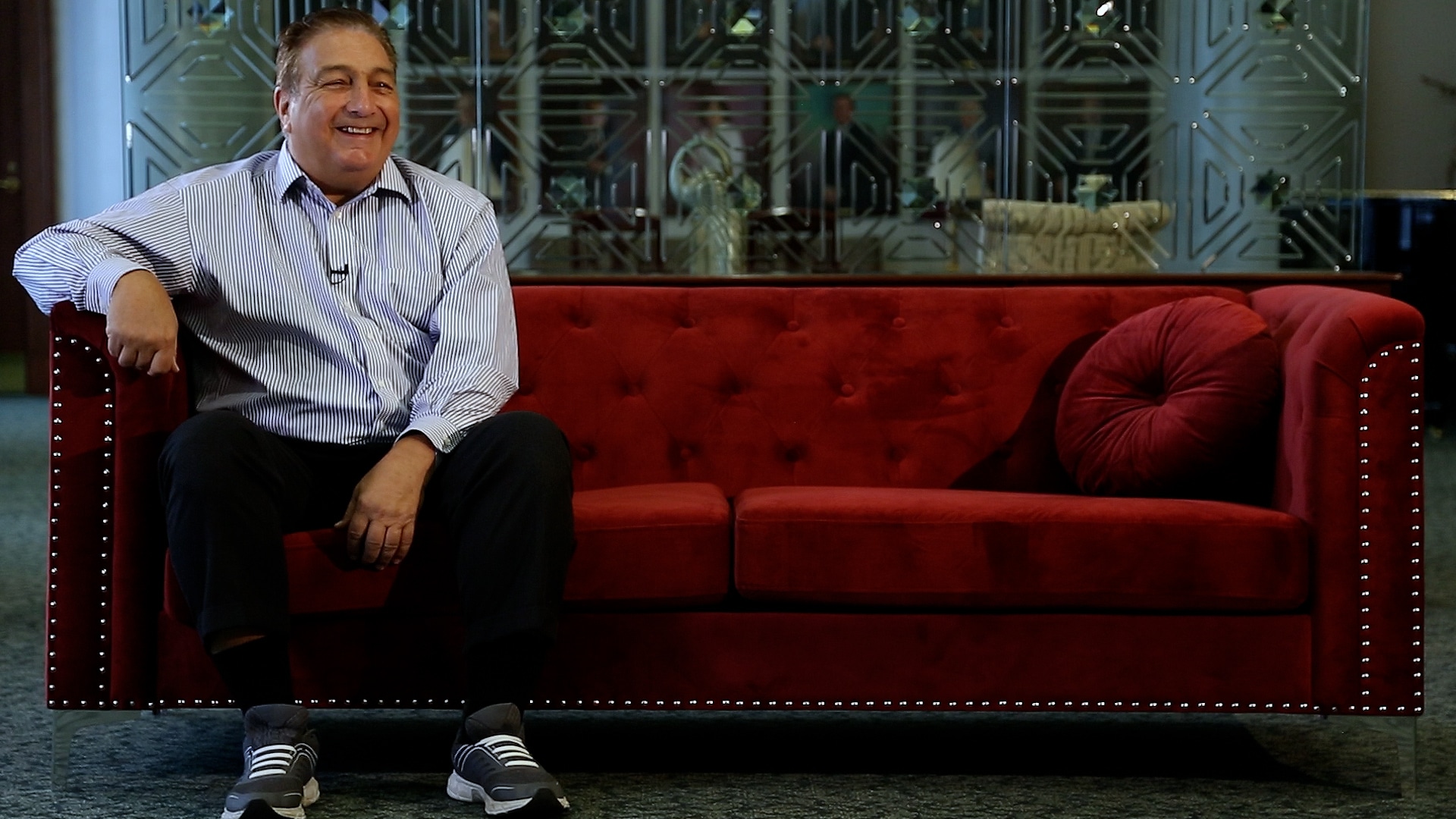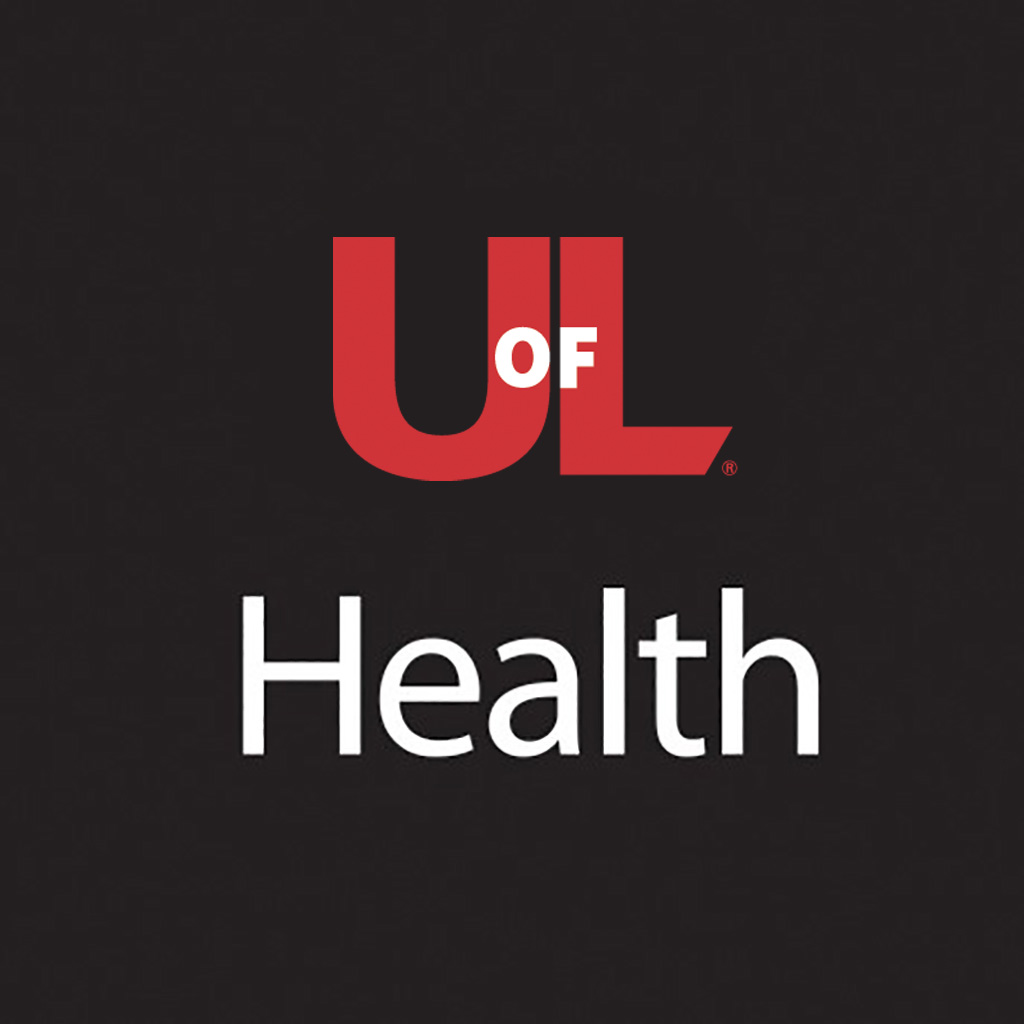
Seven years ago, Bob Valvano was getting ready to head to Connecticut to call a basketball game for ESPN. He didn’t feel great as he walked through Louisville’s airport, but he told himself he was just having stomach troubles and would be fine.
Just as he was about to go through security, he realized he needed to cancel his work trip.
“I called my producer and said, ‘you’ve got to get somebody to do this for me.’ I figured I’d just go home and make an appointment to see my doctor, but it got worse,” he said.
Valvano wasn’t positive he was having a heart attack, but he knew something was wrong. He picked up a house phone at the airport and said he thought he was having a heart attack.
“She called emergency responders. I was slumped against the wall, just sitting there and a man walking by looked at me and said I was having a heart attack,” he said.
The man walking by was a cardiologist. The woman Valvano talked with at the airport had already called emergency crews, but the cardiologist called, too. He also called UofL Health – Jewish Hospital to let them know a heart attack patient would be heading their way.
“I knew at this point it was pretty serious. They brought me in, and they had me hooked up to EKG. It was like a pit stop in NASCAR – I was in and people were running all around and then they ran me up from the admission (area). Dr. Rangaswamy told me I was having a heart attack and to relax,” he said.
Chandhiran Rangaswamy, M.D., who practices with UofL Health – UofL Physicians, specializes in cardiovascular medicine at UofL Health – Jewish Hospital. He and Valvano have created a special relationship.
“I woke up in the recovery room and he told me, ‘we almost lost you twice on the table, but we brought you back.’ I probably was minutes away from calling the hotel and checking out. My kids call him Rango because he’s like a superhero to them,” Valvano explained. “It’s remarkable and I’ll be indebted to him and the hospital forever.”
When he got out of the hospital, his recovery was just beginning. Valvano needed to regain his endurance and stamina.
“I had to go up a flight of stairs to a new apartment and it was like climbing Mt. Everest. I almost needed a pep talk to get up a flight of stairs,” he said.
Valvano has a demanding job. He went from being a basketball coach to a broadcaster. Both jobs require long hours and lots of stress. While stress isn’t good for your health, Valvano wasn’t going to let the heart attack take him away from the job he loves.
“With the treatment I had, it was a blockage and he put two stents in, and he said to go live my life- and I did,” he said.
Valvano was broadcasting a game nine days after his procedure.
“Rango sent me on my way and that’s a beautiful thing,” he said.
According to the Centers for Disease Control and Prevention, someone in the United States has a heart attack every 40 seconds.
“My father died of a heart attack, my mother actually passed away from cancer but had a heart attack when she was in the hospital being treated for cancer, my oldest brother had a quadruple bypass. I probably had signs of this for a long time,” he said.
The American Heart Association (AHA) funds cardiovascular medical research, educates consumers on healthy living and fosters appropriate cardiac care in an effort to reduce disability and deaths caused by cardiovascular disease and stroke. Valvano appreciates the hard work the AHA puts into encouraging people to pay attention to their health.
“Knowledge is power, as they say, especially about your own health. Why wouldn’t you want to know all about this stuff. Don’t assume, ‘I’ll do that tomorrow.’ There’s no starting point for this, it’s something you have to be diligent about. I was not, and almost paid the ultimate price,” he said.
For more information about the Red Couch Tour, visit http://www.uoflhealth.org/redcouchtour.









